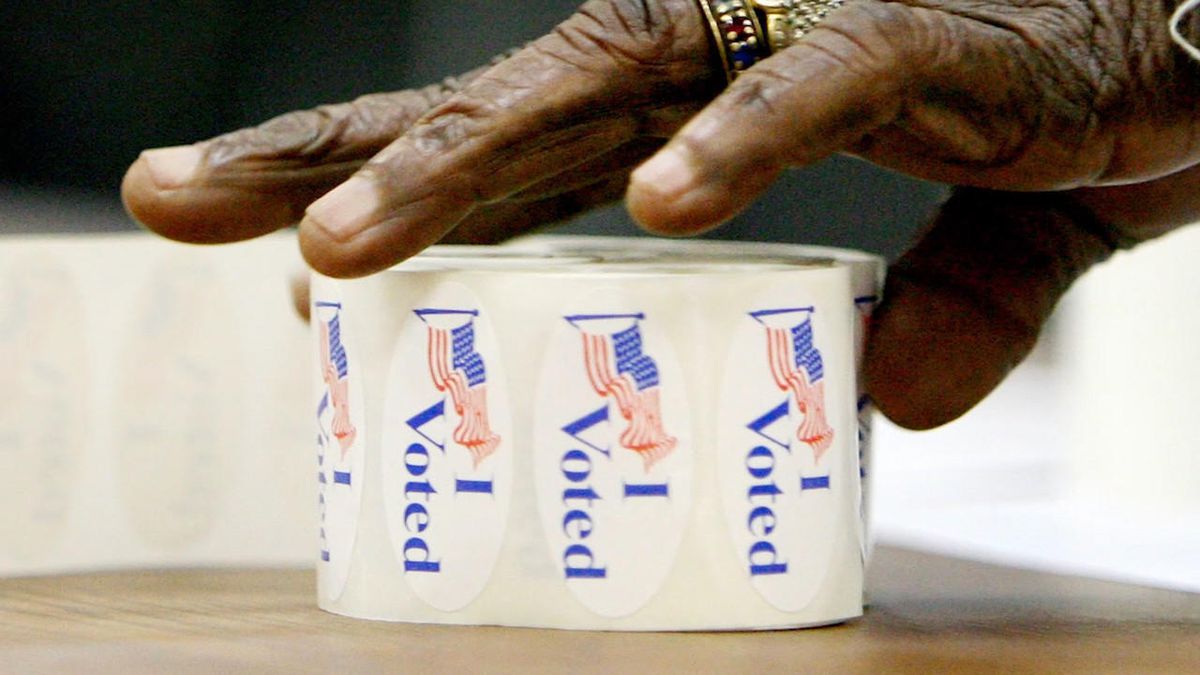

By Linh Nguyen
SACRAMENTO – In an amicus curiae brief, California Attorney General Xavier Becerra joined a coalition of 20 attorneys general in support of a lawsuit that challenges an unlawful revision to Florida’s felon re-enfranchisement law that restricts formerly incarcerated people’s right to vote if they cannot pay their fines and fees.
In July 2019, Florida State Legislature enacted SB 7066, which prevents people convicted of felonies from voting once released if they are unable to pay remaining court fines, restitution and fees. In May of the year, a federal district court judge found that SB 7066 was unconstitutional to restrict the right to vote for those unable to pay or find out how much they owe.
But, in the amicus curiae brief, the attorneys general argue that restricting the right to vote of formerly incarcerated people contradicts efforts to reintegrate them as productive members of their communities.
The 30-page brief also argues that expanding voting rights benefits communities and improves public safety by promoting civic participation—and laws that prevent formerly incarcerated people from  voting do not support traditional criminal justice goals, which include rehabilitation.
voting do not support traditional criminal justice goals, which include rehabilitation.
The brief added that restoring the right to vote upon release from incarceration is less administratively burdensome than the alternative of having to track the payment of outstanding fines and then going through the process of re-enfranchising.
“If you’ve successfully served your time, then you deserve to have a fair shot at participating in our democracy,” said CA AG Becerra. He argued, “Bottom line: your right to vote shouldn’t be determined by your net worth. There’s no place in our criminal justice system for punishing people more harshly just because they have less.
“We already know that being able to vote can have a significant impact on helping people reintegrate into society,” Becerra continued. “It makes sense to support efforts that encourage civic participation. Here in California, we stand united in common cause to support those who are working to better themselves and their communities.”
The Friend of the Court brief was filed on Aug. 3, to the U.S. Eleventh Circuit Court of Appeals in support of a lawsuit that challenges an attempt to unlawfully restrict an amendment to Florida’s Constitution. This amendment to extend the right to vote to those formerly incarcerated with felony charges, with the exception of murder or sexual abuse charges, was approved by 64.5 percent of voters in 2018.
The brief suggests that the appellate court affirm the district court’s judgment and allow Florida to regrant the right to vote to ex-incarcerees in a more accessible way, following suit of numerous other states.
Becerra said that expanding the right to vote to returning citizens promotes reintegration, civic participation and public safety. Many studies of former felons’ voting behavior support this conclusion.
Restrictive disenfranchisement systems also disproportionately impact minority communities. Mass incarceration has already disproportionately impacted people of color, so upon release disparities in incarceration rates by race also become disparities in voting rights.
As of 2016, nearly eight percent of the Black voting age population in the United States could not vote, whereas nearly two percent of non-Black voting age population could not. According to the brief, in Florida, more than 20 percent of Black adults have been disenfranchised.
When the Florida state legislature added a new requirement that ex-incarcerees seeking re-enfranchisement must first pay their fines and fees, those who are genuinely unable to pay were punished more harshly than those who are able to pay. It withholds access to voting based on wealth. A higher rate of people incarcerated of felonies also come from less wealthy, minority neighborhoods.
The brief argues that SB 7066 is no different than other laws across the country that have created an exception to disenfranchisement for those who have paid their full debts to society, or that have made “voting more expensive for some people than others.”
They argue that if SB 7066 is found unconstitutional, then many states would have to choose between “re-enfranchising more broadly and re-enfranchising no one.”
Florida is one of only three states that deny the right to vote to any returning citizen who has not fully paid off their legal financial obligations. Alabama and Arkansas are the other two states.
Arizona, Connecticut, Georgia, Kansas, South Dakota, Tennessee and Texas also impose disenfranchisement based on outstanding fines, but only with respect to limited categories of convictions or certain kinds of financial obligations.
California law does not have these restrictions for those who completed probation. In fact, there are efforts in the works in the state to further expand voting rights.
Among the other attorneys general in support of the lawsuit are those from Washington, D.C., Illinois, Colorado, Connecticut, Delaware, Hawaii, Maryland, Massachusetts, Michigan, Minnesota, Nevada, New Jersey, New Mexico, New York, Oregon, Pennsylvania, Vermont, Virginia and Washington.
To sign up for our new newsletter – Everyday Injustice – https://tinyurl.com/yyultcf9





